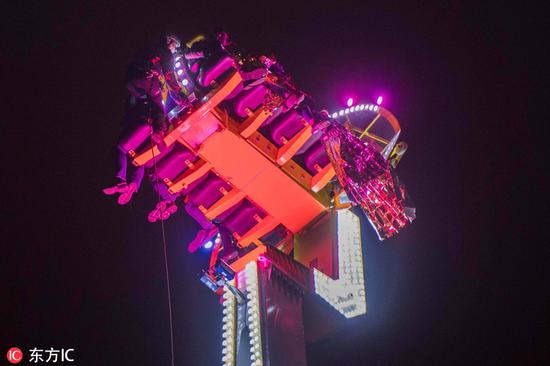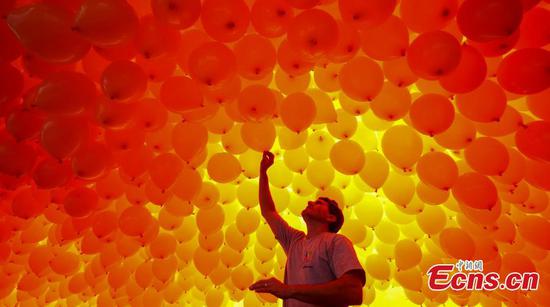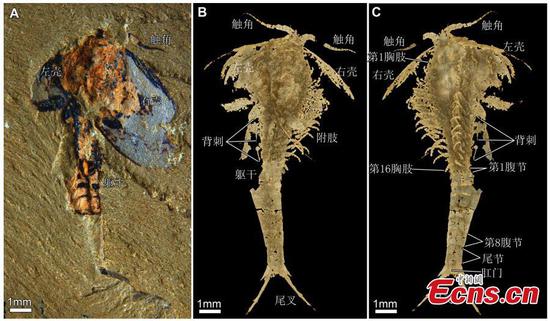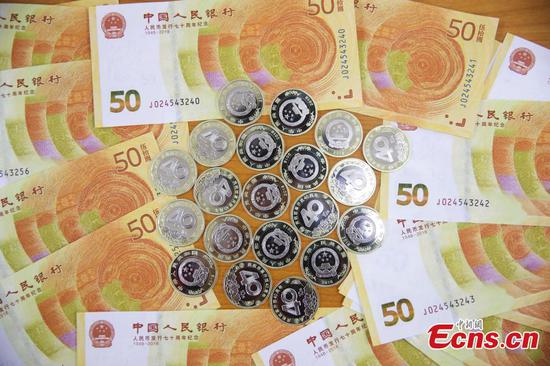Scientists from University of California, Berkeley (UC Berkeley) on the western U.S. coast have invented a wireless controlled neurostimulator that could provide fine-tuned treatments to patients with diseases like epilepsy and Parkinson's.
UC Berkeley researchers worked out a wireless artifact-free neuromodulation device (WAND) that is able to listen and stimulate with an electric current in the brain at the same time, said a study that was published in Nature Biomedical Engineering on Monday.
The d-loop device works like a "pacemaker for the brain" by automatically monitoring the brain's electrical activity and delivering electrical stimulation if it detects something gone awry.
With the ability to stimulate and record simultaneously, WAND can prevent the unwanted movements of brain current by adjusting in real time the stimulation parameters on its own if it detects signs of a tremor or a seizure.
WAND outperforms previous similar devices that are effective in preventing debilitating tremors or seizures in patients with various neurological conditions, as it can take several years for doctors to constantly adjust for optimal electrical stimulation to stop extremely subtle electrical signatures preceding a seizure or a tremor.
"The process of finding the right therapy for a patient is extremely costly and can take years," said Rikky Muller, assistant professor of electrical engineering and computer sciences at UC Berkeley.
WAND beats other d-loop systems in that it is capable of recording electrical activity over 128 channels, or from 128 points in the brain.
Muller said he and his team want to incorporate learning into their d-loop platform to build intelligent devices in the future, with the aim to determine the most optimal treatment for patients of neurological disorders.


















































